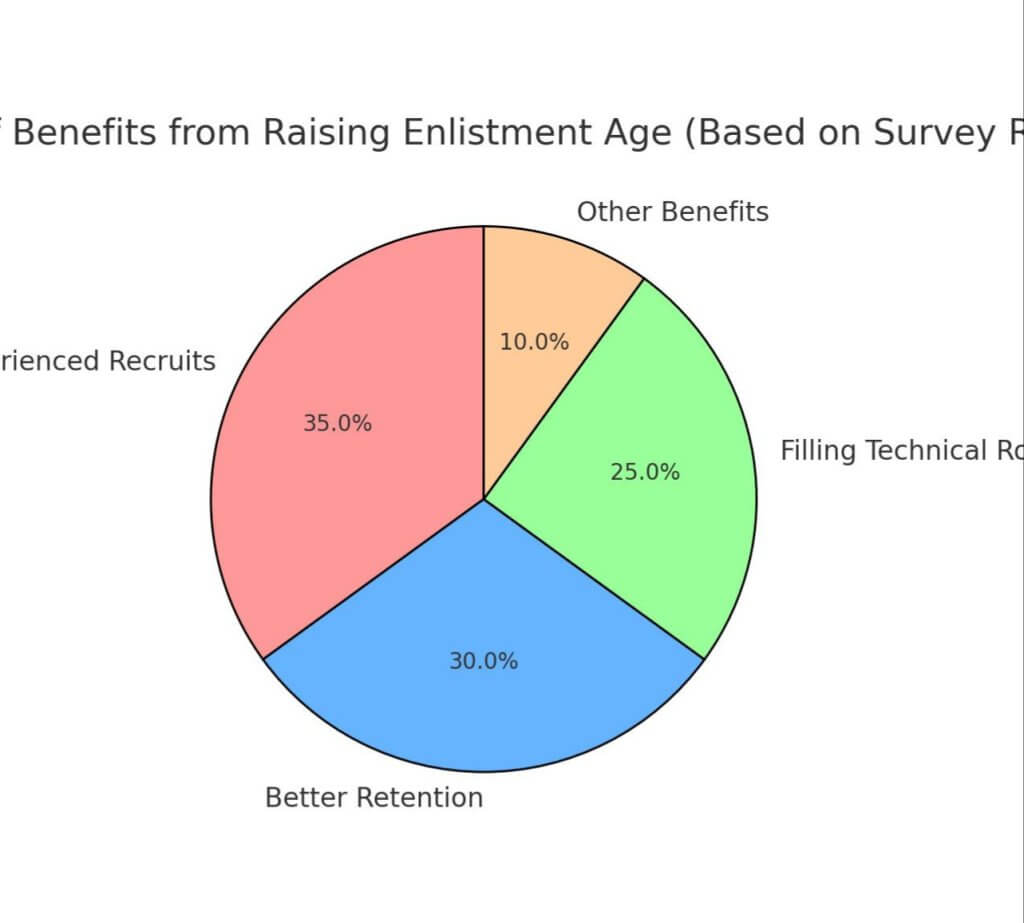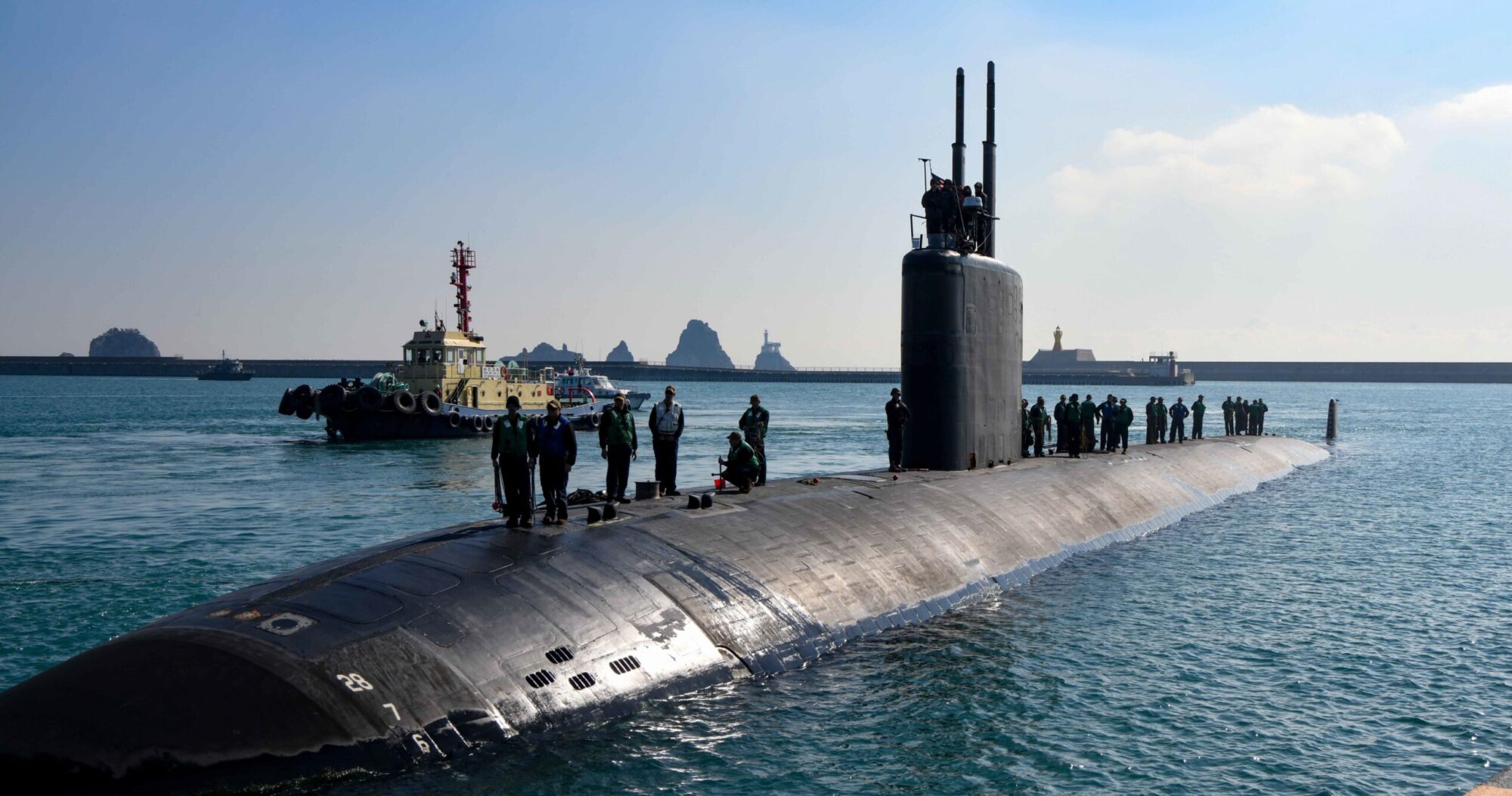
Introduction
As the Coast Guard recently raised its enlistment age to 42, the conversation has sparked renewed interest among Navy veterans about whether the Navy should follow suit. In a recent survey conducted by Americans for a Stronger Navy, many former Navy veterans agreed that raising the enlistment age would be a step in the right direction to address recruitment shortfalls while filling critical technical and leadership roles.
The Need for Broader Recruitment
In an era of increasingly complex military operations, the Navy is faced with the dual challenge of recruiting more personnel while maintaining readiness. Raising the enlistment age could help the Navy reach a wider pool of potential recruits who bring not only maturity and discipline but also valuable civilian expertise, particularly in fields like cybersecurity, aviation, and engineering. This would allow the Navy to meet its manpower needs without compromising on the quality of recruits.
Insights from Veterans: Why Raising the Age Matters
Our survey of former Navy veterans revealed a strong consensus that the Navy should increase its enlistment age from 41 to at least 45. Veterans cited several reasons for their support, including:
- Experience and Expertise: Many roles in today’s Navy require not just physical capability but technical expertise and life experience. Older recruits often bring a wealth of knowledge from their civilian careers that could be immediately applied in highly specialized areas.
- Retention and Return of Prior Service Members: Former sailors are more likely to return if the Navy makes it easier for them to reenlist later in life. This ensures the Navy retains institutional knowledge and leadership capabilities that take years to develop.
- Physical and Technical Balance: While physical fitness is important for all military branches, not every role in the Navy demands the same level of physical rigor as in ground combat. Older recruits can excel in areas like logistics, command and control, and technical maintenance roles, where mental acuity and decision-making are paramount.
Visualizing the Benefits
To further illustrate the insights gathered from veterans, below is a breakdown of the benefits of raising the enlistment age based on survey responses.
As the chart shows, the primary benefits cited by veterans include the recruitment of more experienced individuals, improved retention, and the ability to fill technical roles that are critical to modern naval operations.
Addressing Concerns About Physical Standards
One challenge often brought up in discussions about raising the enlistment age is whether older recruits can meet the Navy’s physical fitness standards. However, many veterans believe the Navy could adjust fitness standards based on the role being filled. While roles requiring peak physical fitness, such as Navy SEALs or shipboard operations, would maintain strict standards, technical and administrative positions could afford to prioritize experience over physical endurance.
Veterans’ Reasons for Supporting a Higher Enlistment Age
The following chart highlights the main reasons veterans support raising the enlistment age, emphasizing the importance of technical expertise and leadership experience.
Looking to the Future: Aligning with Modern Needs
By raising the enlistment age, the Navy would be tapping into a broader talent pool at a time when recruiting has become increasingly difficult. Other branches, like the Army and now the Coast Guard, have already adapted their recruiting strategies to reflect this reality. The Navy should lead in utilizing older, experienced recruits to help bridge the gap in technical skills, fill critical positions, and ensure our fleet is ready to face 21st-century challenges.
Conclusion: Veterans Support the Change
As the conversation continues around recruitment in the U.S. military, it’s clear that raising the enlistment age for the Navy would be a strategic move to address both immediate and long-term needs. The survey of former Navy veterans shows strong support for this change, and it could significantly benefit both the Navy and the nation it protects. By adapting its recruitment strategies, the Navy can continue to grow as a force that combines both physical readiness and the intellectual rigor needed to lead in an ever-evolving geopolitical landscape.

